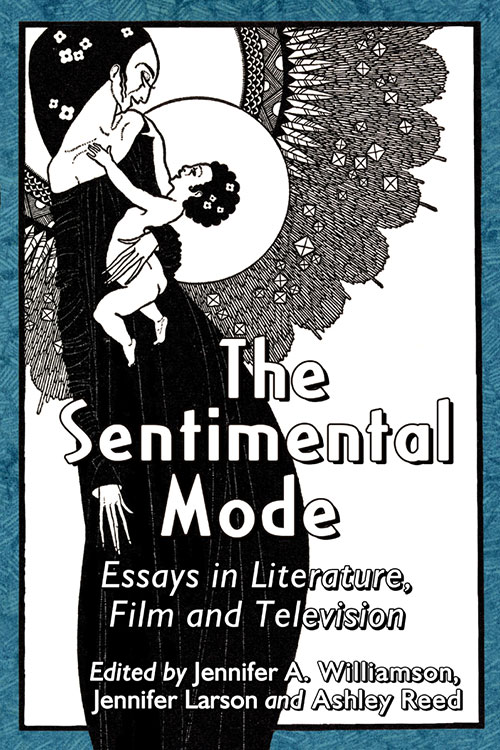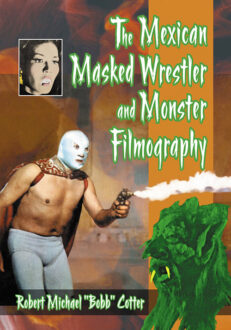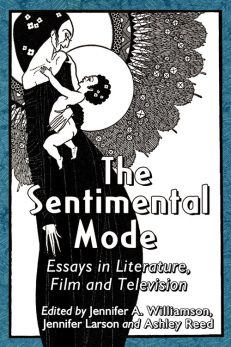The Sentimental Mode
Essays in Literature, Film and Television
Original price was: $39.95.$31.99Current price is: $31.99.
In stock
About the Book
This collection of new essay examines how authors of the 20th and 21st centuries continue the use of sentimental forms and tropes of 19th century literature. Current literary and cultural critical consensus seems to maintain that Americans engaged in a turn-of-the-century refutation of the sentimental mode; an analysis of 20th and 21st century narratives, however, reveals an ongoing use of sentimental expression that draws upon its ability to instruct and influence readers through their emotions.
While these later narratives employ aspects of the sentimental mode, many of them also engage in a critique of the failures of the sentimental, deconstructing 19th century perspectives on race, class and gender and the ways they are promoted by sentimental ideals.
About the Author(s)
Bibliographic Details
Edited by Jennifer A. Williamson, Jennifer Larson and Ashley Reed
Format: softcover (6 x 9)
Pages: 224
Bibliographic Info: 5 photos, notes, bibliographies, index
Copyright Date: 2014
pISBN: 978-0-7864-7341-0
eISBN: 978-1-4766-1450-2
Imprint: McFarland
Table of Contents
Preface 1
Introduction: American Sentimentalism from the Nineteenth Century to the Present (Jennifer A. Williamson) 3
Doctor Jekyll and Mister Jim Crow: Medical Professionalism, Race and Postsentimentalism in The Marrow of Tradition (Brian Sweeney) 15
Sentimental Satire in Anita Loos’s Gentlemen Prefer Blondes (Lisa Mendelman) 36
“Grimly sentimental”: Pleasure, Trauma and Djuna Barnes’s Ryder (Julie Taylor) 56
“Violent and sentimental by turns”: Labor Defender, Sentimentalism and the American Literary Left (Nathaniel Cadle) 70
“You give a damn about so many things I don’t”: Hemingway’s Gendered Sentimentalism in “The Snows of Kilimanjaro” and
“The Short, Happy Life of Francis Macomber” (Michael T. Wilson) 90
Sentimentalism and Celebrity Culture: Mae West as Novelist (Anne-Marie Evans) 107
Swedenborgian Sentimentalism in John Rechy’s City of Night (María DeGuzmán) 121
“Shame, thas a shame”: The Anti-Sentiment of Sapphire’s Push and The Kid (Erica D. Galioto) 134
Profitable Sentiments: HBO’s The Wire and Harriet Beecher Stowe’s Uncle Tom’s Cabin (Kristin J. Jacobson) 151
Race, Religion and Sentimentalism in Gilead and Home (Elizabeth A. Ellis) 175
Madea’s Middle Class: Sentimental Spaces in Tyler Perry’s Madea’s Family Reunion and Why Did I Get Married? (Ashley Reed and Jennifer Larson) 190
About the Contributors 211
Index 213






